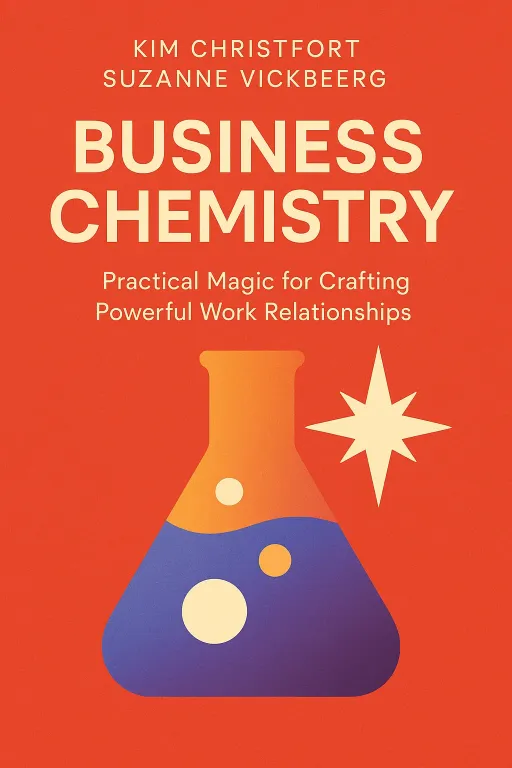
Business Chemistry
Kim Christfort
Unlock the secrets to building powerful work relationships with Business Chemistry. This book provides a practical, analytics-driven tool for understanding and leveraging differences between people, helping you build healthier teams, enhance customer engagement, and become a more effective leader. Discover how to identify different working styles and create seamless collaboration by drawing on the strength of diversity.
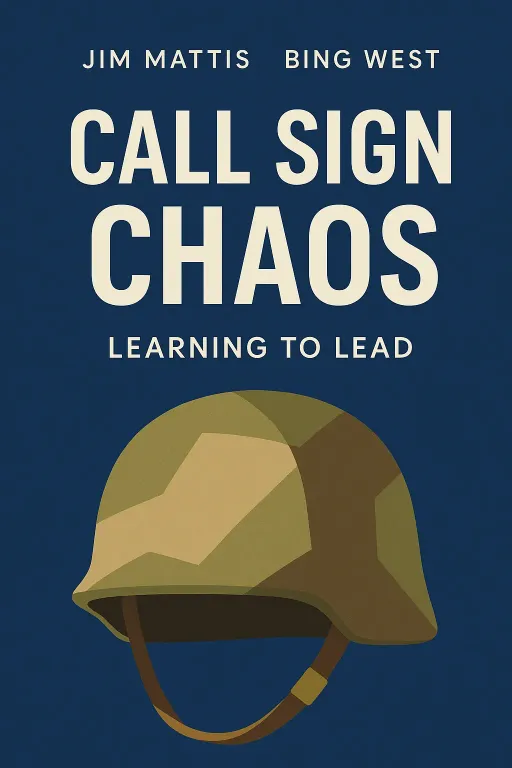
Call Sign Chaos
Jim Mattis
A candid memoir by former Secretary of Defense James Mattis, recounting his experiences in the Marine Corps and offering leadership lessons learned over a lifetime of service. From his early days as a Marine to his role as a strategic leader, Mattis shares insights on competence, caring, and conviction, providing a unique perspective on military and civilian leadership.
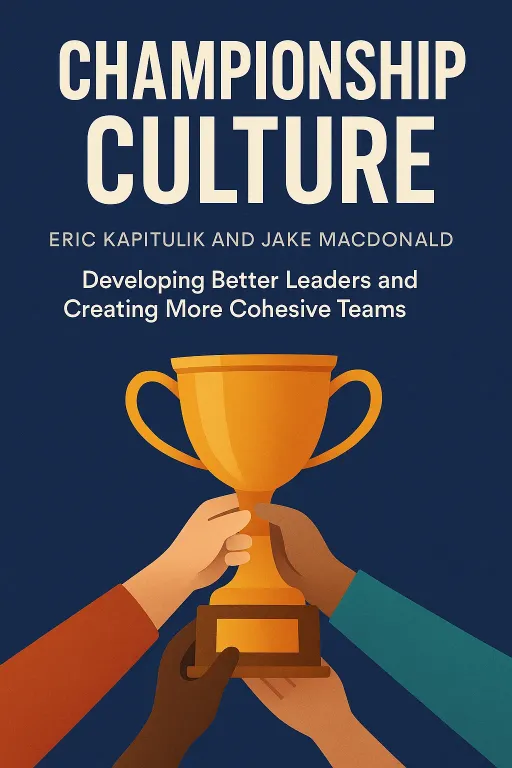
Championship Culture
Eric Kapitulik
Discover the secrets to building a championship culture within your team or organization. Drawing from real-life experiences in the military, athletics, and business, this book provides a roadmap for developing better leaders, creating cohesive teams, and achieving sustained success on any battlefield. Learn how to define core values, set goals, hold teammates accountable, and communicate effectively to unlock your team's full potential.

Chief Joy Officer
Richard Sheridan
Discover how to lead with joy, eliminate fear, and create a workplace where people bring their whole selves to work. Richard Sheridan shares his insights on building a positive and productive environment, fostering innovation, and achieving business success through a culture of joy.
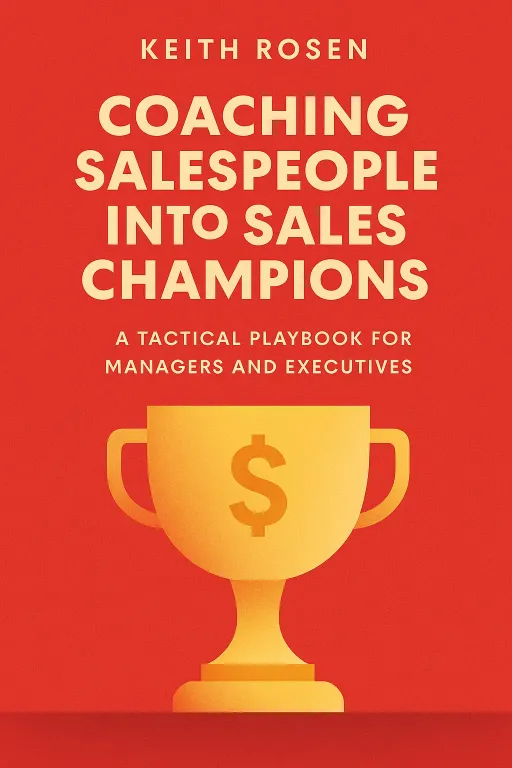
Coaching Salespeople into Sales Champions A Tactical Playbook for Managers and Executives
Keith Rosen
A tactical playbook for managers and executives who want to coach their salespeople into becoming sales champions. It provides a step-by-step internal coaching model to maximize a team's natural talents and strengths, turn around underperformers, and increase sales.
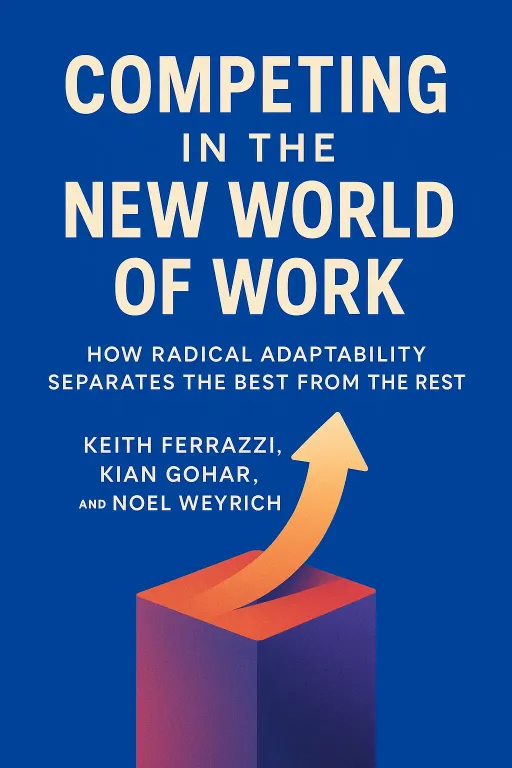
Competing in the New World of Work
Keith Ferrazzi
A timely and powerful guide to help leaders and organizations successfully adapt and compete in the post-pandemic era. It provides research-based methods for maximizing collaboration and inclusion, anticipating change, and making organizations radically adaptable to the future.
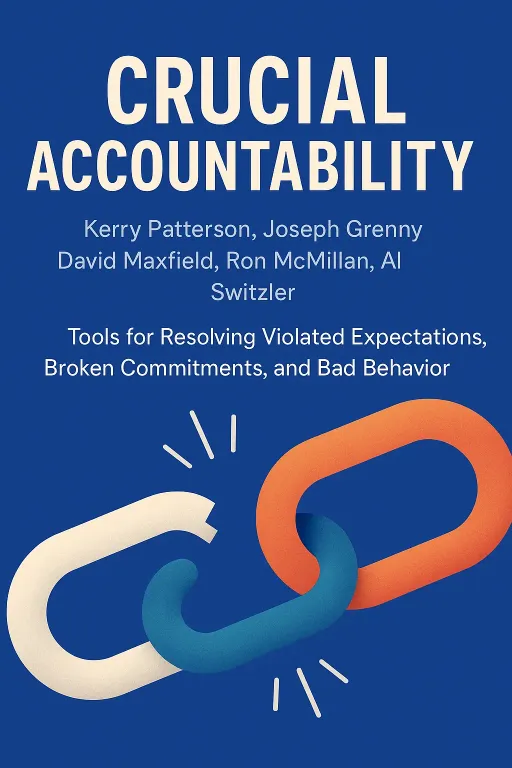
Crucial Accountability
Kerry Patterson
Crucial Accountability offers proven techniques for resolving violated expectations, broken commitments, and bad behavior. Learn how to address tough problems, improve individual performance, and strengthen relationships by mastering the art of direct, civil communication.
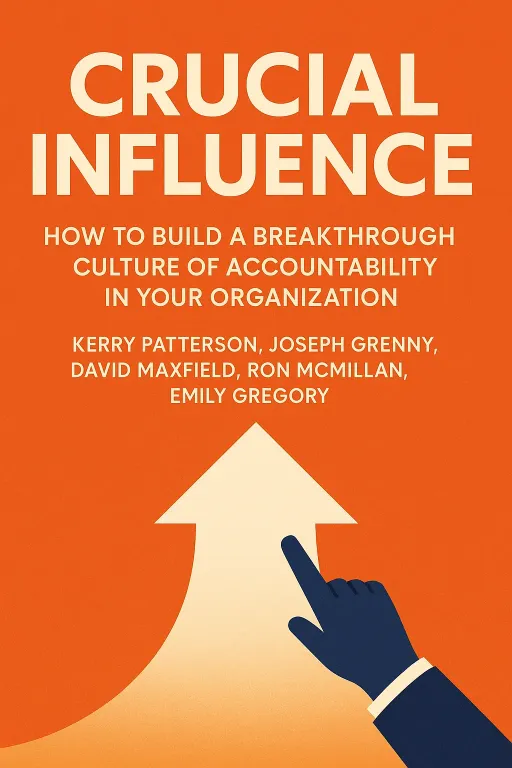
Crucial Influence
Kerry Patterson
Discover the keys to influencing behavior and driving meaningful change in your organization. Learn how to identify vital behaviors, engage the six sources of influence, and achieve breakthrough results by building a culture of accountability.